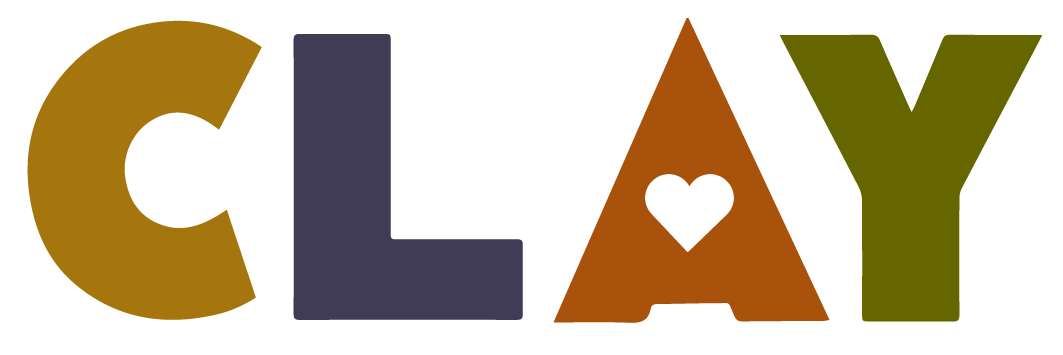Many small businessmen are aware of the concepts of incubators and maker spaces for high-tech businesses. There are many operating around the state of New Mexico, including Albuquerque and Las Cruces. In recent years, these concepts have been translated into the creative economy space specifically to deal with the special challenges that creatives have in setting up successful businesses, challenges that are exacerbated in rural areas with small local markets.
Incubators provide business training and assistance with the development of business plans, as well as financial advice and introductions to potential investors. They also provide low-cost space for business operations, co-working, video conferencing, and networking. In many cases, they also provide low-cost access to high-speed broadband, computers, printers and other equipment.
Maker spaces are facilities with equipment that can be shared among all the "member makers." In the high-tech arena, these frequently include 3D printers, laser cutters, and a wide variety of computer-assisted fabrication machines. These are frequently managed by nonprofits and receive grant and outside support in addition to member rental fees.
Not all creative makers are high-tech, particularly in rural New Mexico, where creatives include artists, weavers, potters, blacksmiths, printers, food producers and photographers, among many others. Knowledge about markets and marketing, business and financial planning, laws and regulations, and technology are not usually high priorities for creatives trying to start a small business. That's where an incubator focused on creatives can make a difference.
Likewise, shared "low-tech" equipment such as kilns, looms, printing presses, wood and metal fabrication tools, and low cost space with the appropriate safety, ventilation, electrical and plumbing systems can provide a significant boost to the creative economy.
It is critical to the success of such maker spaces and incubators that both the demand for space and for business assistance exist in sufficient quantity to make the facilities economically sustainable. Many rural communities will not be able to sustain such a facility out of local resources. However, other resources may be available, including federal, state and local government grants, contracts and loans; private and corporate foundation support; commercial contracts and sales; and educational and training services for schools and university students.
Promoting the development of the creative economy in rural communities will frequently require investment in both capacity building and physical infrastructure. A combined incubator/maker space can provide both.






